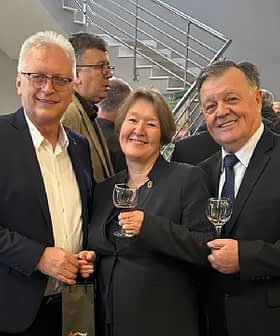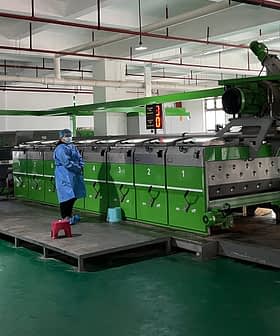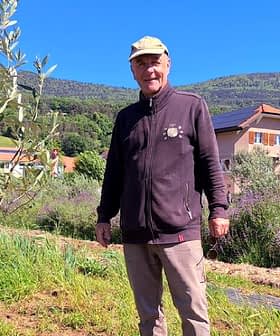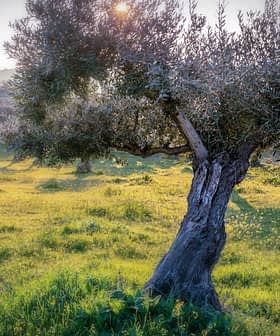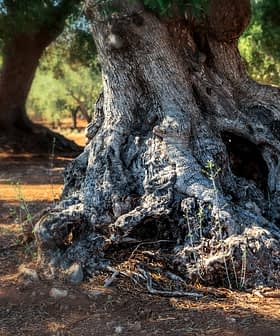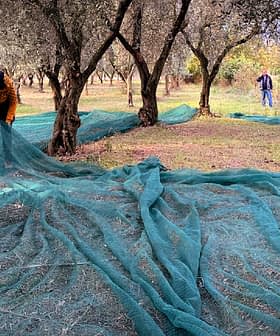Corsica Rewards Grower for Olives Picked, and Those That Fell
A Corsican olive oil producer feared for her orchards after the Xylella fastidiosa bacteria was spreading on the island, but for the third consecutive year, Fabienne Maestracci was rewarded for the quality of her work.
Olive grower Fabienne Maestracci faced the threat of her trees being destroyed due to Xylella fastidiosa, but after the infected plants were burned, she received awards for her innovative harvesting methods at Corsica’s olive oil fair. Maestracci, who worries about the disease spreading, continues to produce high-quality olive oil using traditional methods and hopes to preserve the Corsican tradition.
This time last year, olive grower Fabienne Maestracci was afraid her trees would have to be destroyed. She was not alone: The island’s 500 olive oil producers were alarmed after the dreaded Xylella fastidiosa bacterium had been spotted in Bonifacio, the most southern tip of the French Isle de la Beauté.
France’s Agriculture Minister visited the area, the infected plants were burned, and everyone breathed sighs of relief.
The trees are hundreds of years old, they are not aligned, and they are very high which makes them difficult for picking.
Things are different this year. Maestracci’s harvesting methods for her monovarietal were awarded a double distinction at Corsica’s olive oil fair Fiera di l’alivu, the yearly event held in mid-July. She received the recognition for harvesting her olive oil using a net, and another for harvesting directly from the tree.
It was the first time such awards were bestowed by Corsica’s union of olive oil producers since L’Huile d’Olive de Corse-Oliu di Corsicadecided last year to classify olive oil from the island into the two different types.
Hard-working Maestracci explained why harvesting olives from her 550 trees is tricky and risky. “The trees are old, hundreds of years old, they are not aligned, and they are also very high which makes them difficult for picking.”
Maestracci starts harvesting at the beginning of November and finishes in February. “It is a long period, anything can happen. Also, we pick the olives ripe, so we have to work quickly,” she said.
Pruning of the local variety Zinzala at her plantation is a serious affair. Zinzala olive trees adapt well to the very cold winters and hot summers, but they grow horizontally thus requiring a lot of pruning. Maestracci has perfected the Japanese technique of pruning which she credits with her success.
Her customers, she explained, love the oils harvested using the traditional method when the ripe olives are allowed to fall naturally onto the nets, and they can tell the difference between the oils.
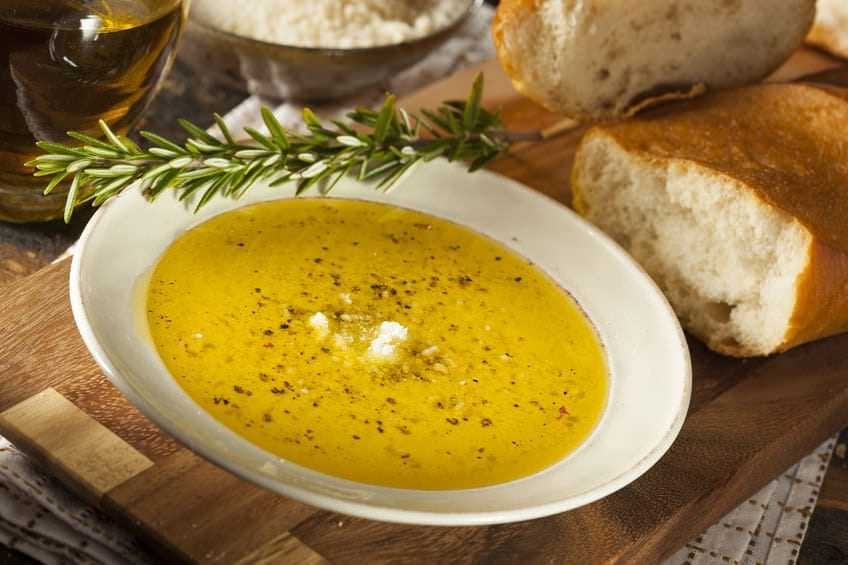
Oil from ripe Zinzala olives has a flavor similar to almonds and nuts. Fabienne said the oil made from the net method render a taste of dried almonds, while those picked from the tree have a taste of fresh almonds.
She constantly worries about Xylella fastidiosa and feels that more needs to be done to eliminate the disease, not only in Corsica but everywhere. Although there is some sanitary control, she feels that authorities should pay more attention to traceability when importing plants.
“We olive oil producers have to put the bottling date on our oil, but when you buy a plant, even the country of origin is not mentioned.”
The Mediterranean area will always be under threat, and even the dry stone walls in Maestracci’s orchard cannot fully protect her Zinzala trees. More than anything she wants to continue the Corsican tradition of producing sweet olive oil. And her Oliu di Aliva is one of the best.


